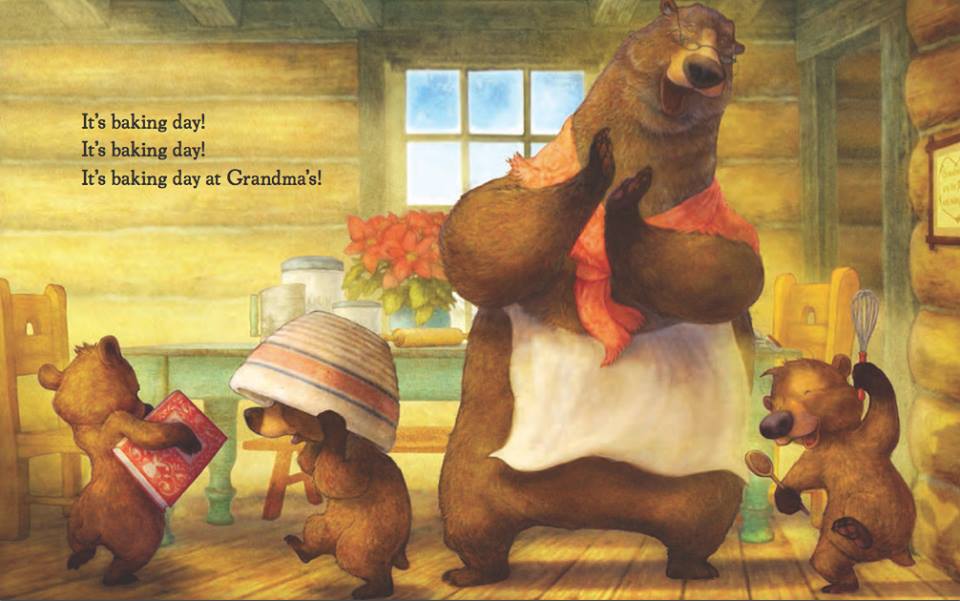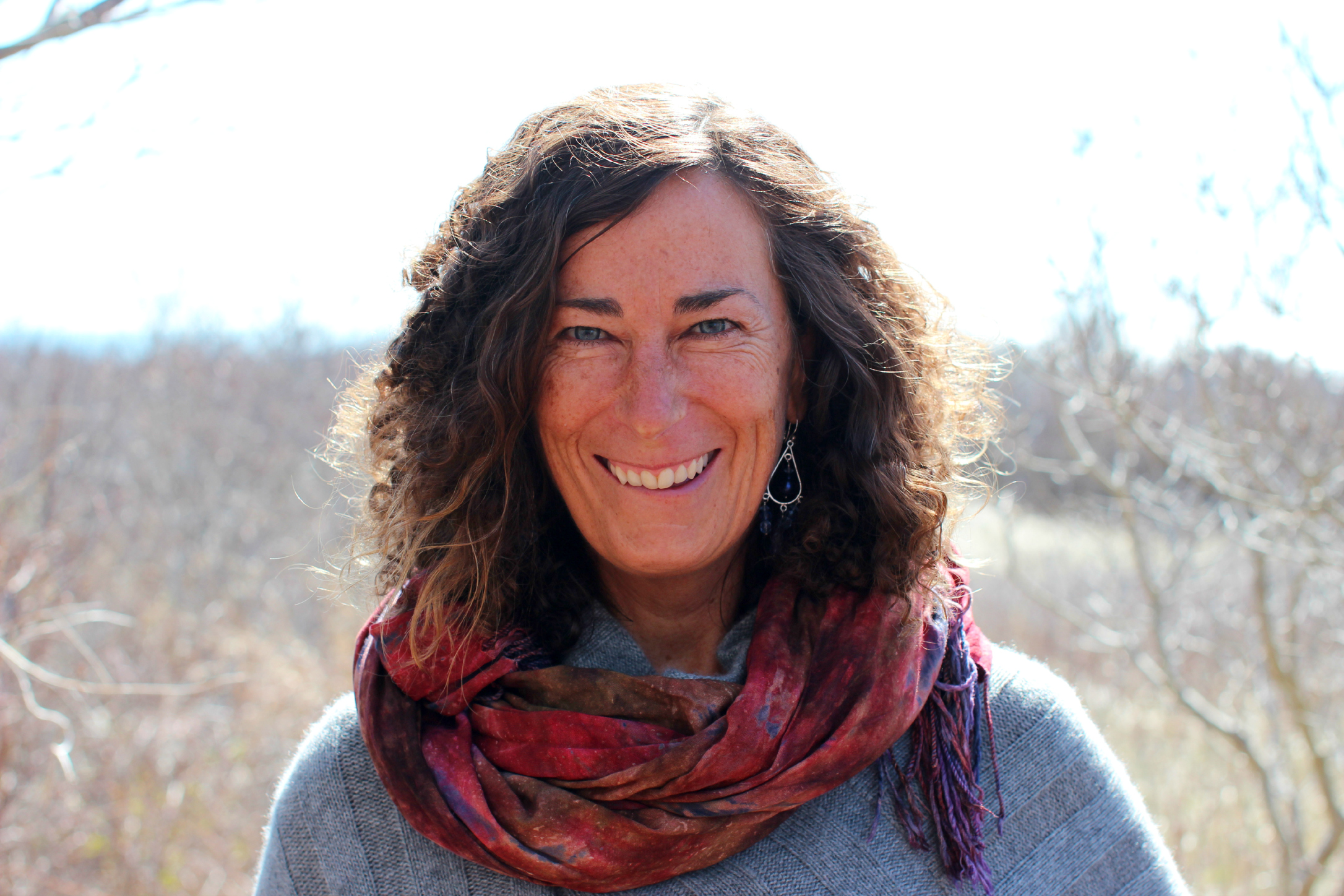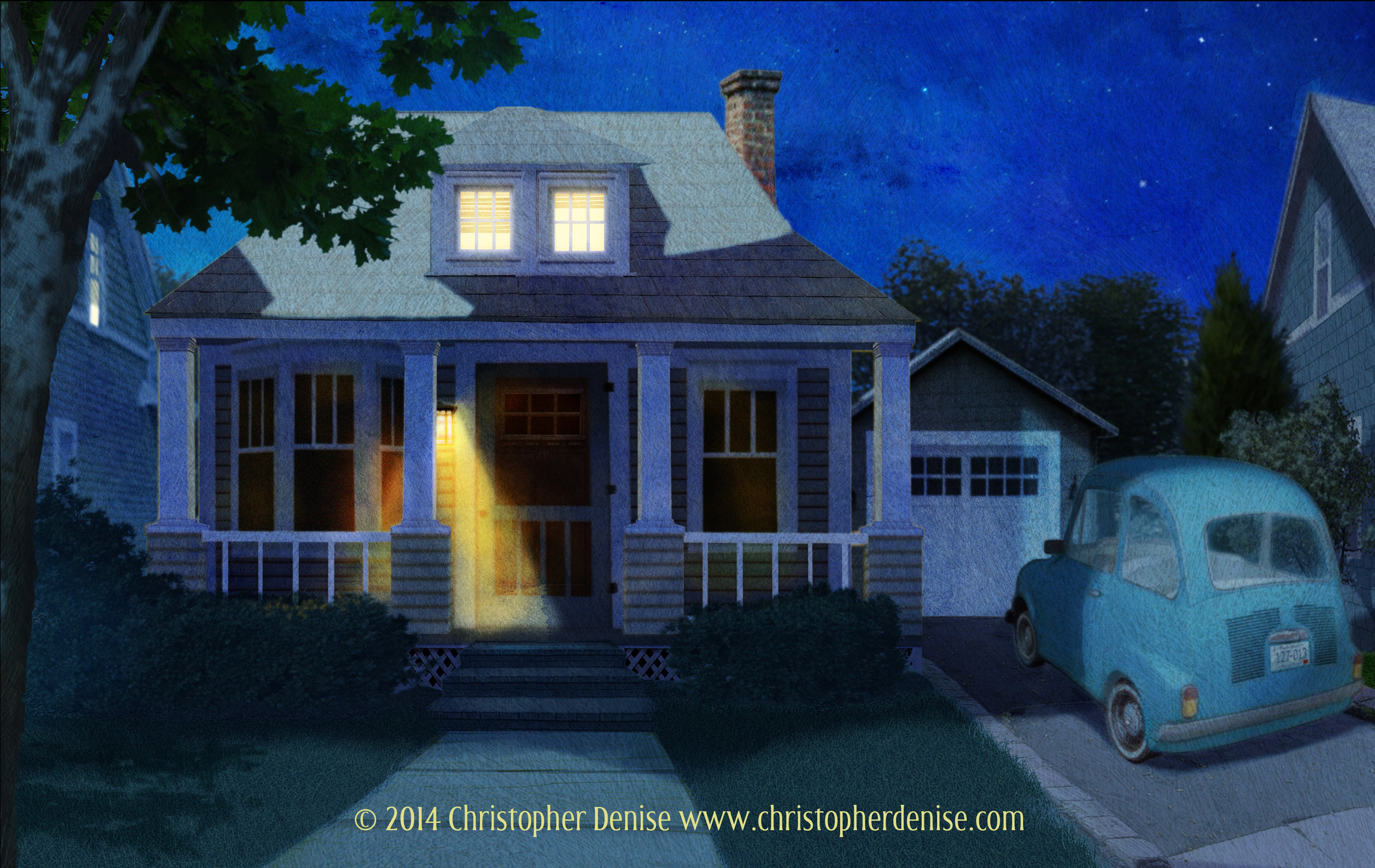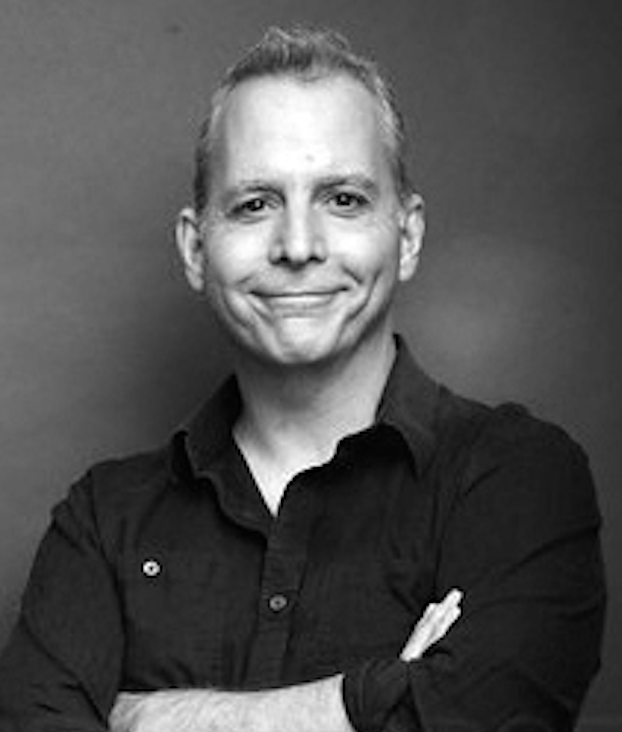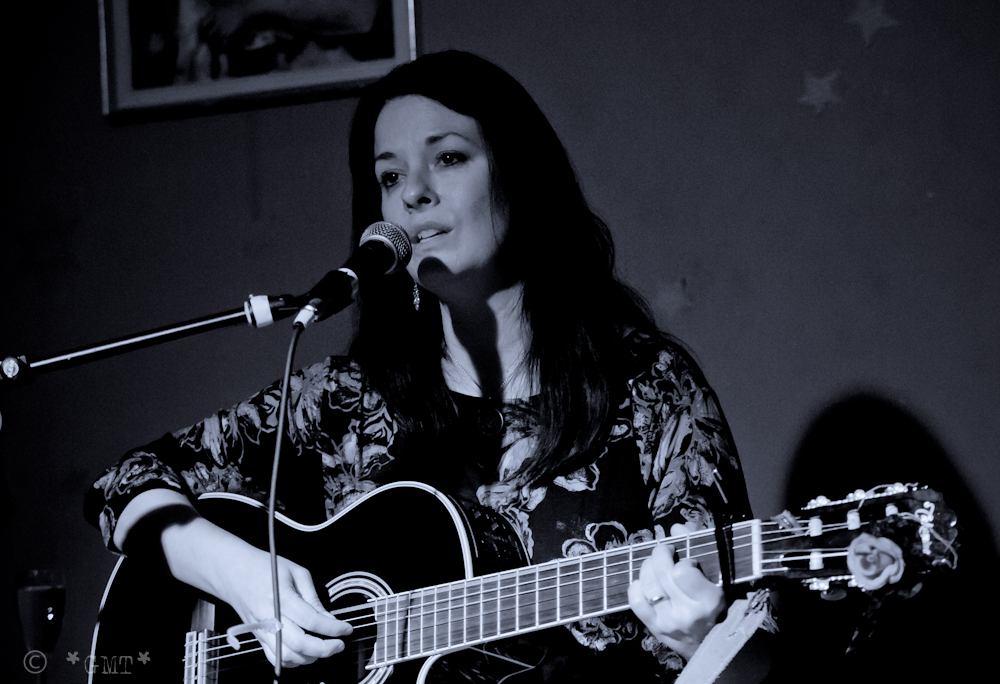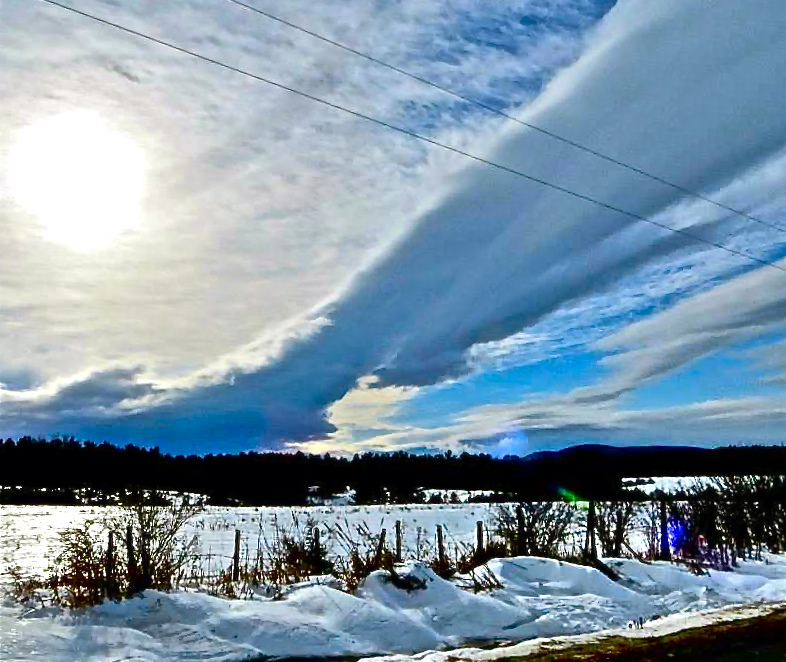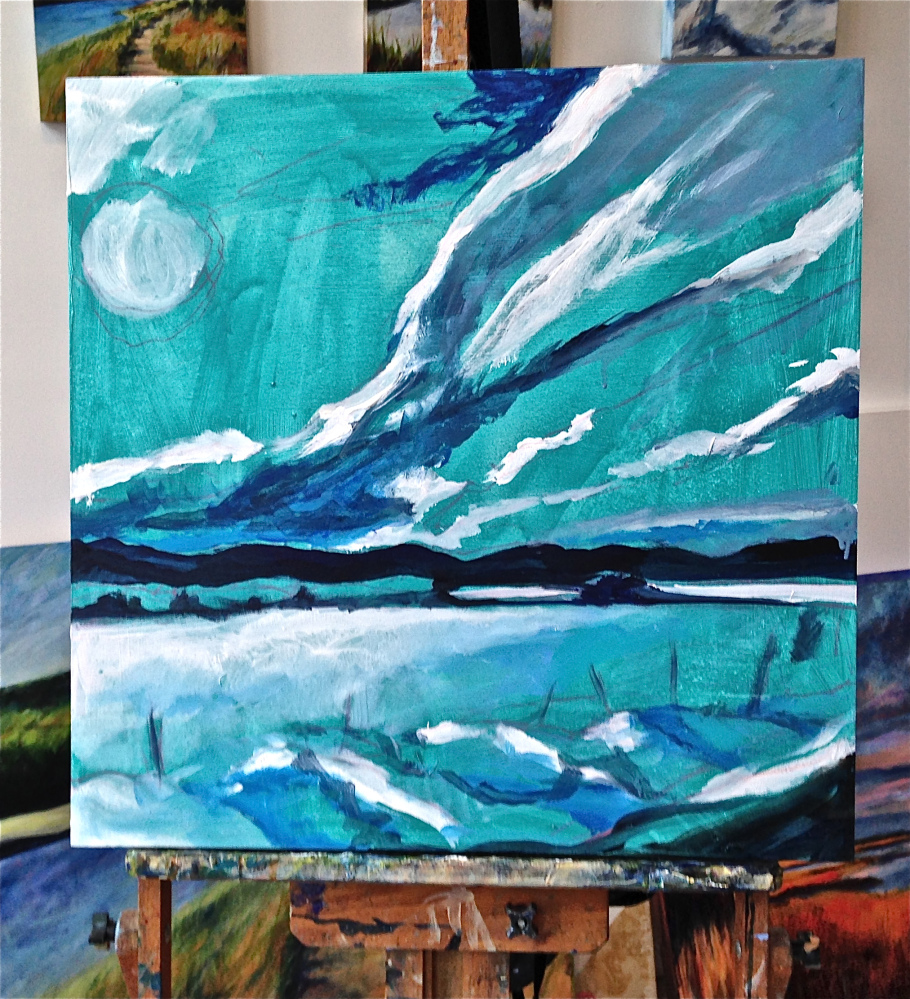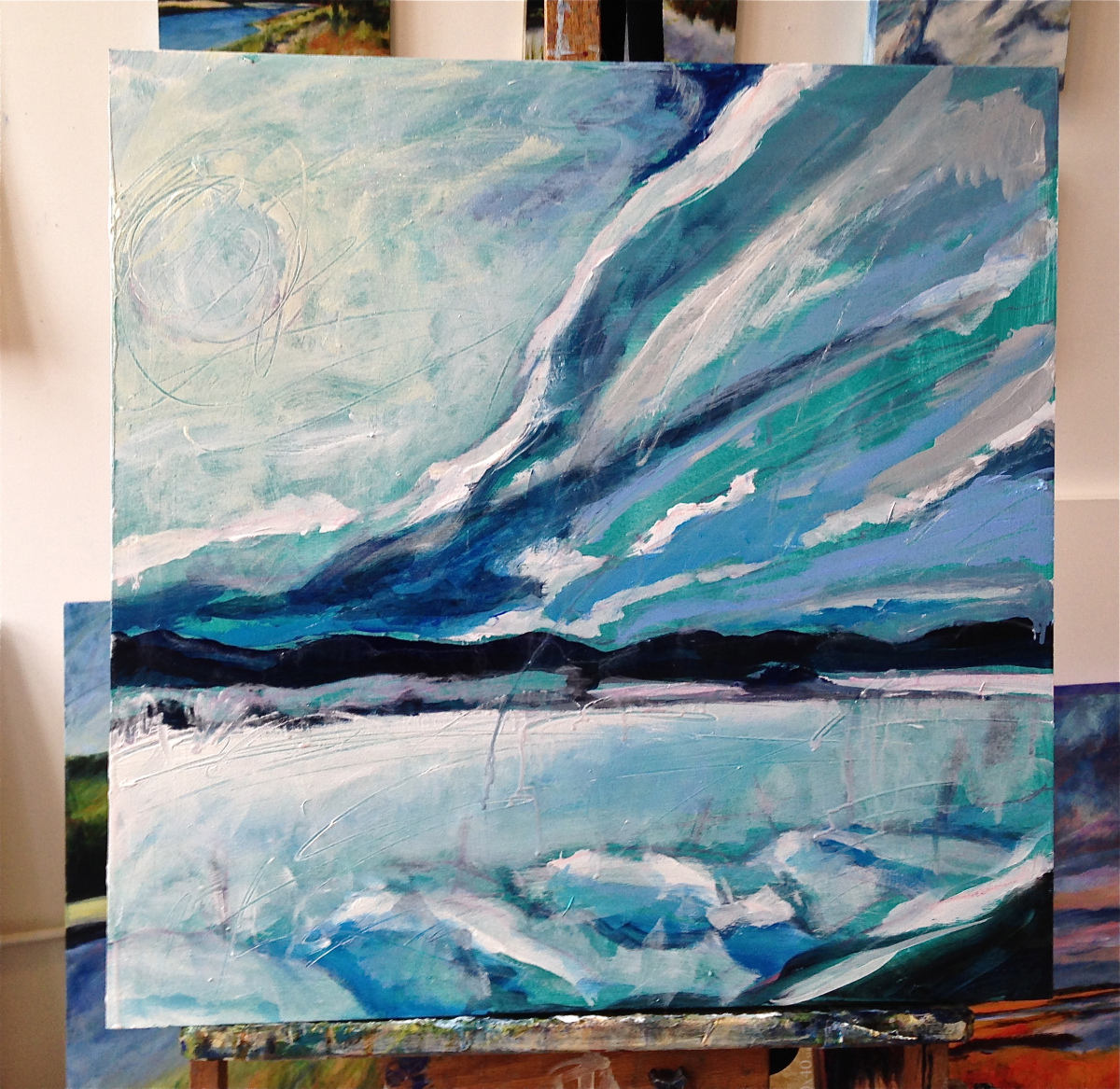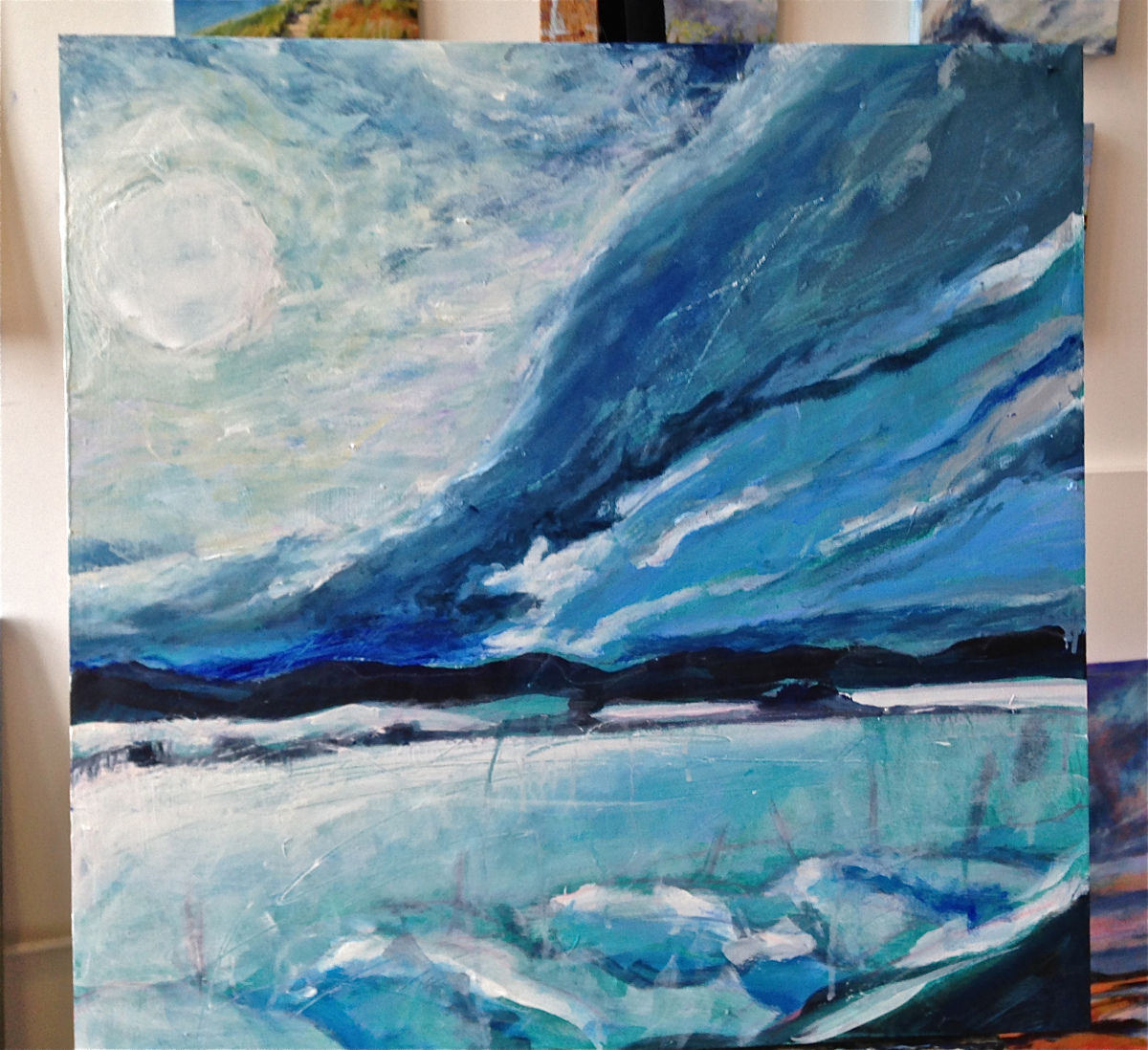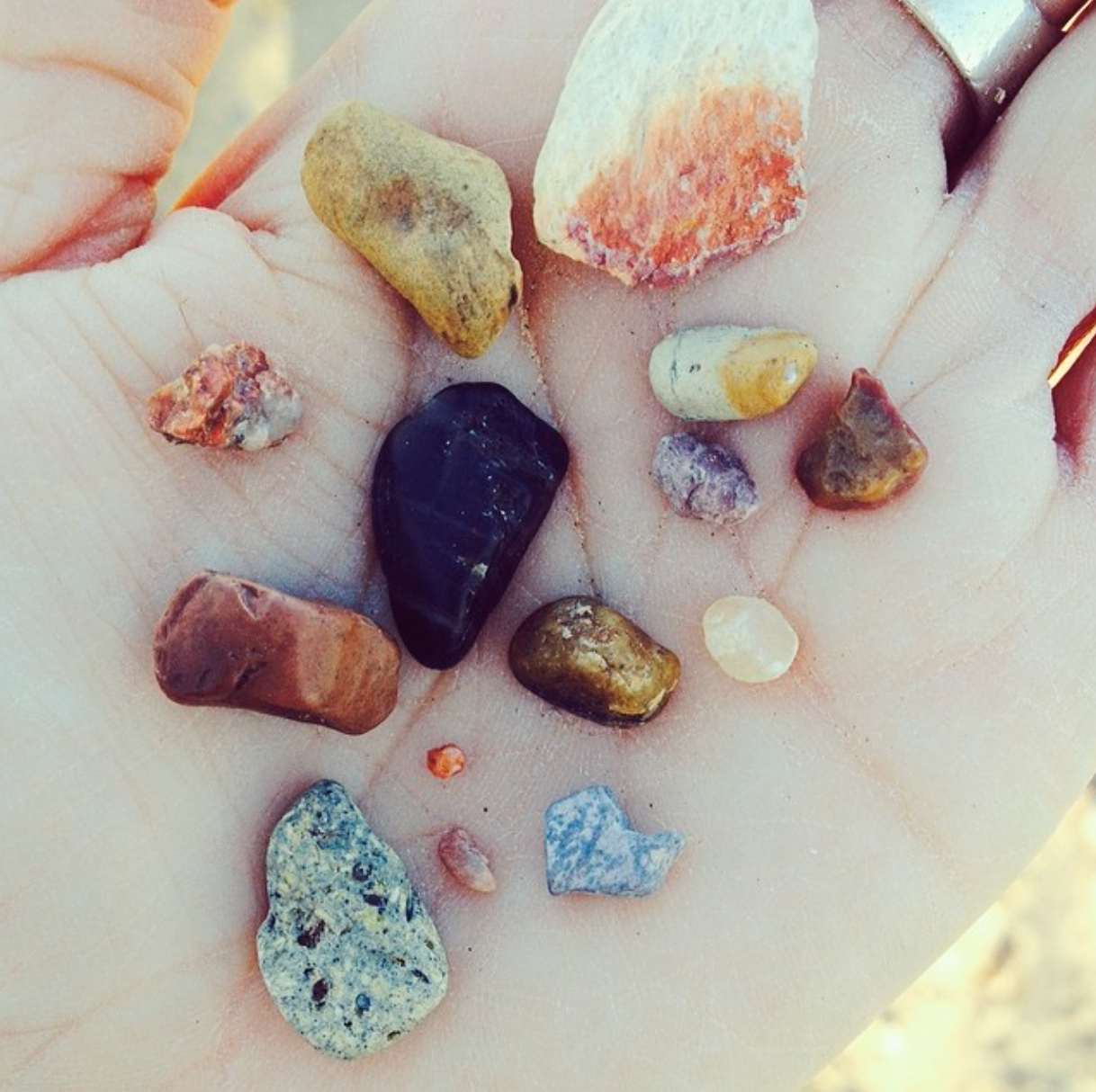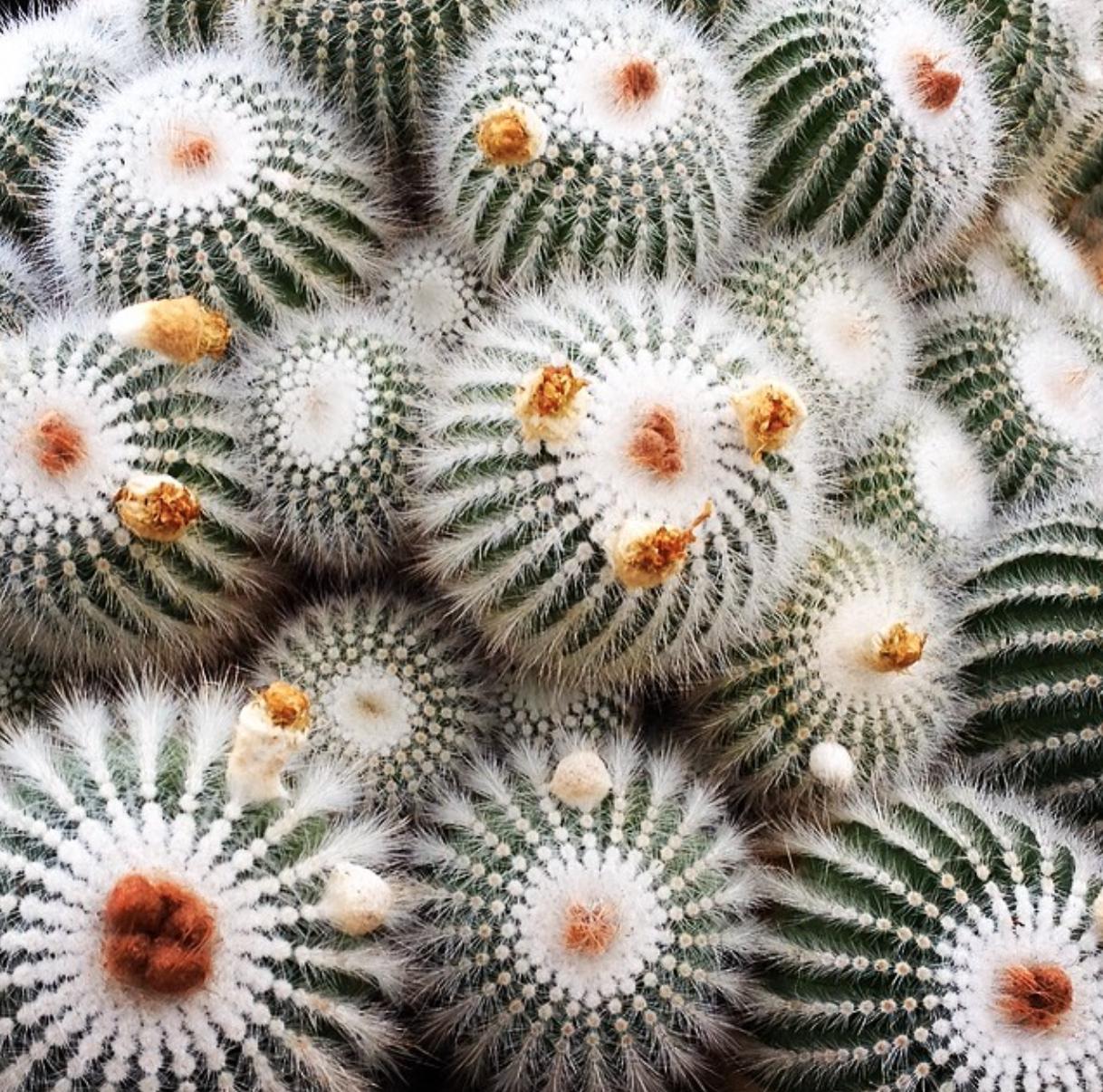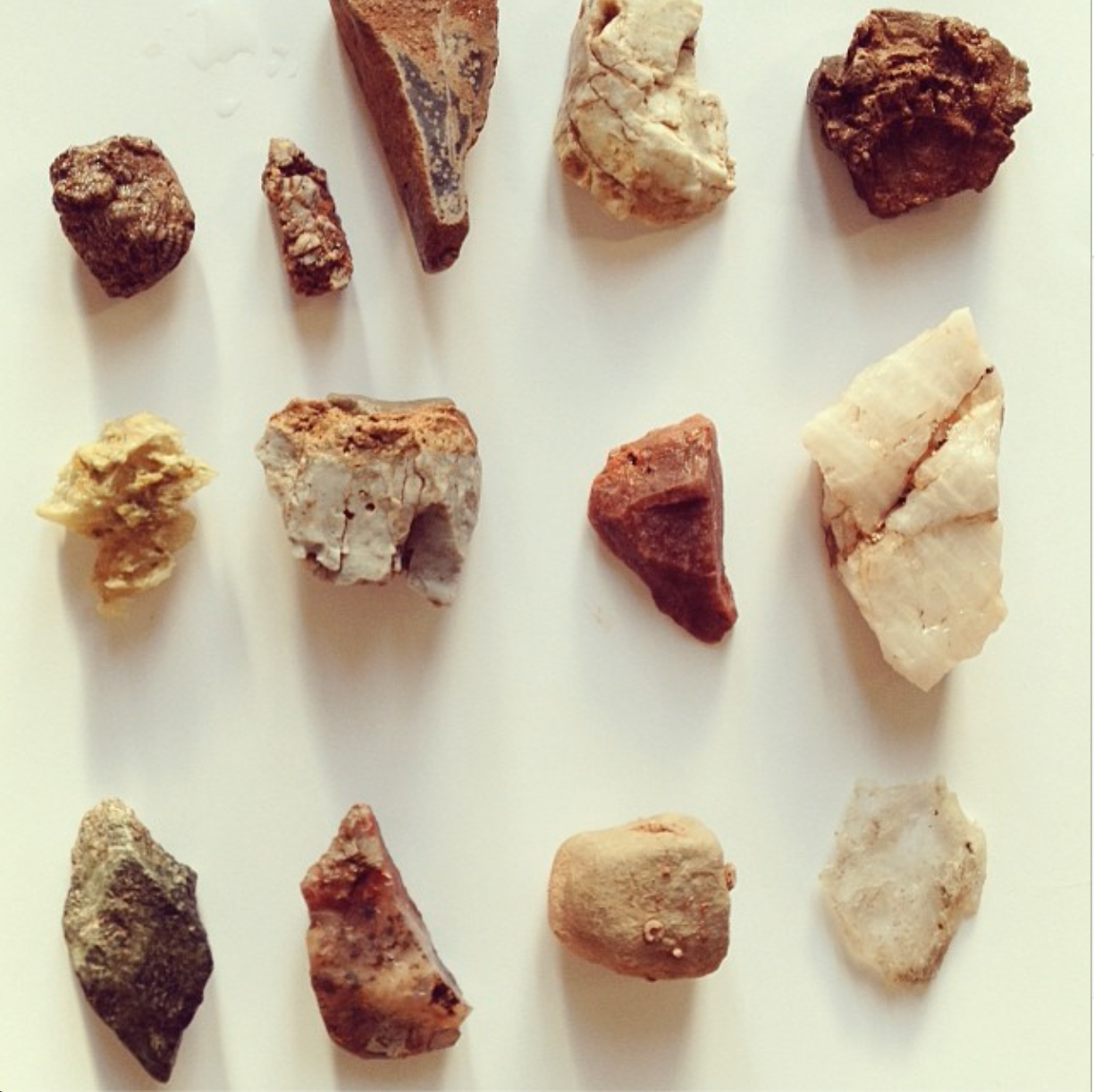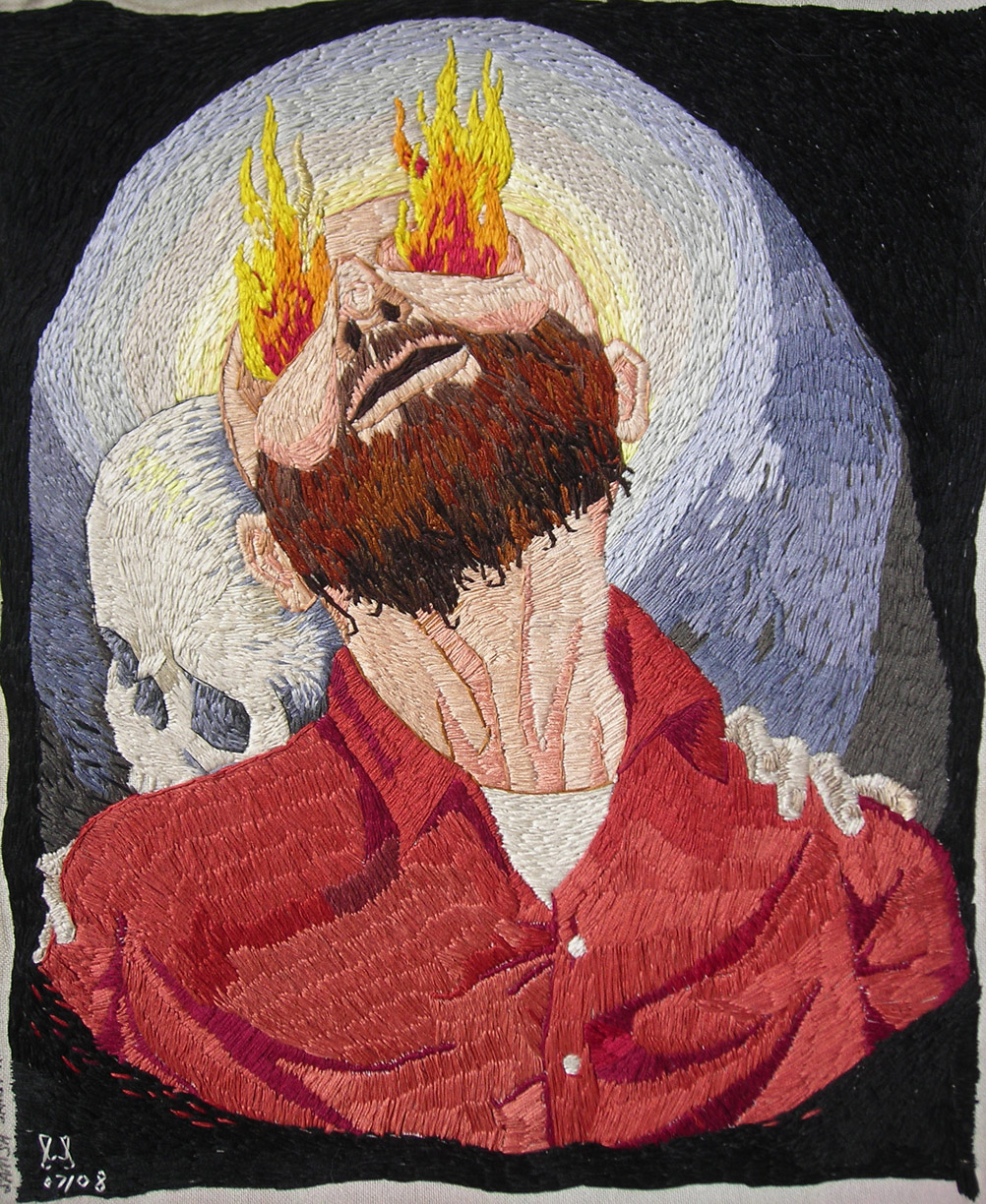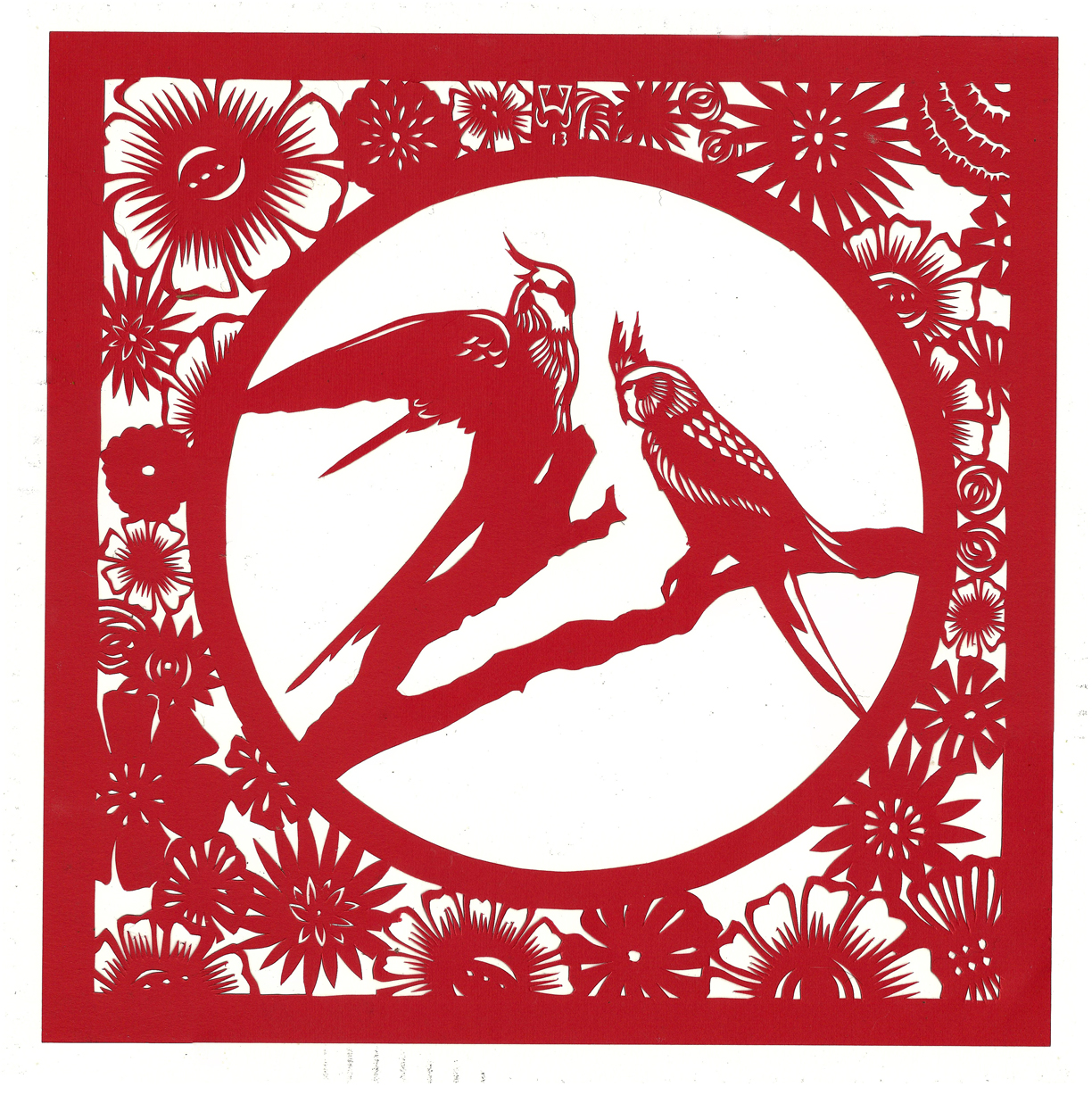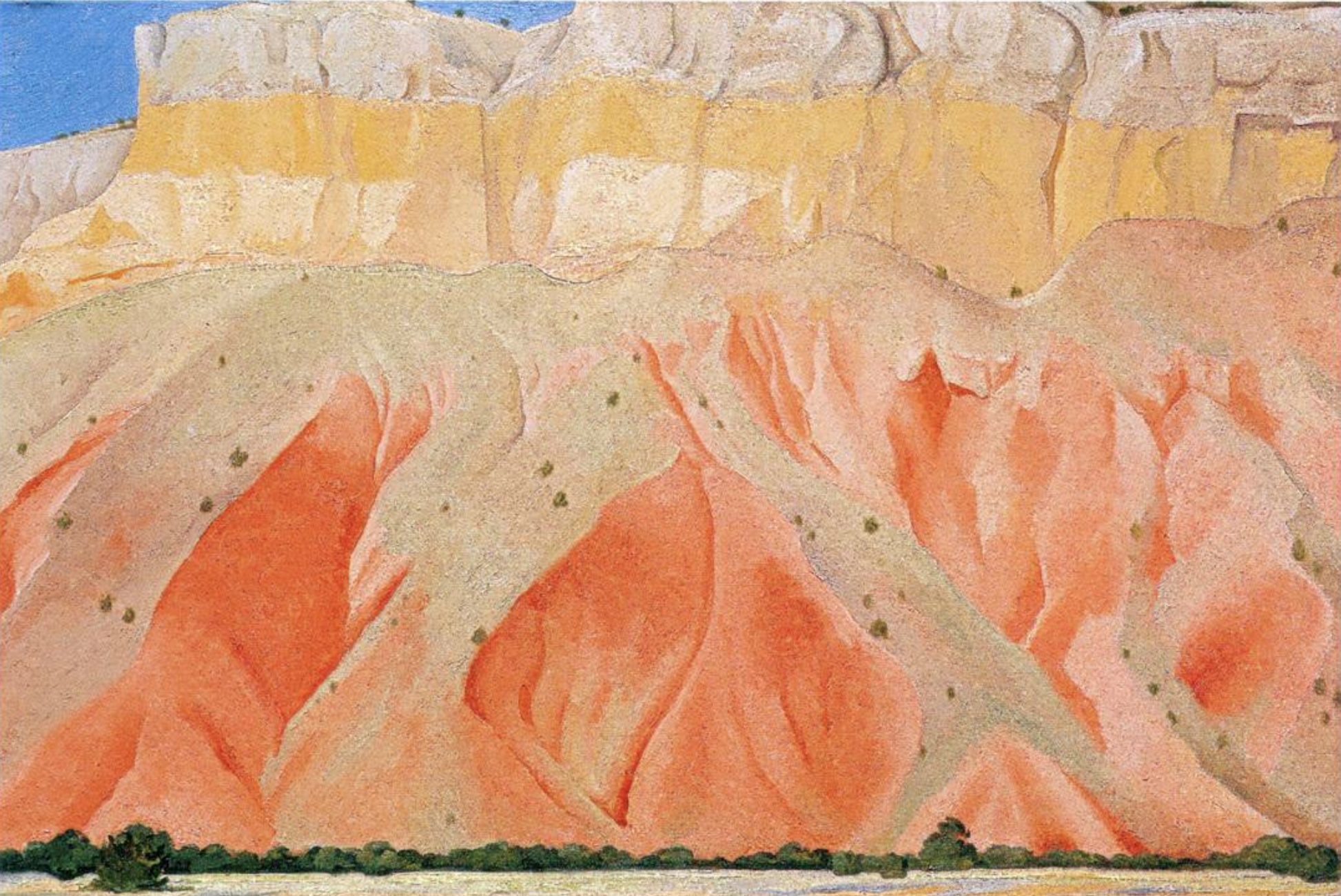When you look back on the journey of being an artist who do you need to forgive? I mean, if you've been doing this for any amount of time, there will be people to forgive.
The person who ripped off your idea. The person who told you to keep your day job after they saw what you made. The person who balked at your prices. The person who insulted you in front of your peers. The person who promised you that show (or book, or deal, or golden opportunity) and then flaked and disappeared. The person who never paid you for your work.
I could go on, but you get the gist.
When I look back at my creative journey and start to tally up what I call "a million little humiliations" I get overwhelmed by the sheer volume of people I could forgive. And I feel bitter all over again. Why SHOULD I forgive them? What they did sucked.
But then I remember they're not the ones being held back by the past. They're not the ones hanging on to an unresolvable situation. They're not the ones waiting for an omniscient voice to boom from the sky, "You were right! They were wrong!"
It's just plain ineffective to live in the wounded place.
(How do you know when you're living in the wounded place? When someone presents you an opportunity and you approach it defensively. When you think about your past and feel bitter. When you overcompensate by trying to be perfect. When you turn down viable offers for fear of being hurt. When you believe all the negative crap people have said about you or your work.)
Talking about this today a dear friend and fellow entrepreneur reminded me that I am not the person I used to be. I am stronger, wiser, more powerful. And because of that I would never be caught alive in most any of those situations I used to put myself in when I was younger, situations that were breeding grounds for stress, anxiety and humiliation.
The great irony is that all of those hard moments with all of those jerks are what lead me to a place of greater strength. They're actually the reason my boundaries are stronger. The reason I can say no to opportunities that seem too good to be true. The reason I can spot a jerk, or a drama queen, or an abuser, or a hustler a mile away. The reason I value peace in my life above all else.
When I look at it through that lens and see the bigger picture, I know that my creative spirit was forged in the fire, and that I can forgive those people because they were part of one big, messy, painful soul plan that helped me step into my power.
And that's pretty cool.
But you know what else? There's one person who needs forgiveness more than any of these people. Me. (Extrapolating: the person you most need to forgive is you.)
I mean, how could we have let ourselves settle for less, or ignore our intuition, or stay in an abusive situation, or allow other people's opinions to shape us so thoroughly, or believe what that rejection letter said about work we knew was true to our heart?
I try to remember that we all show up with a stunted child inside, or with a family wound, or with an unconscious pattern, and when I remember that it becomes a lot easier to give myself a break.
Every one of us has been hurt by other people. The question is, will we keep letting that pain hold us back from our creative destiny, or will we release it and move forward?
Photo credit: Patrick Humphries/CC







